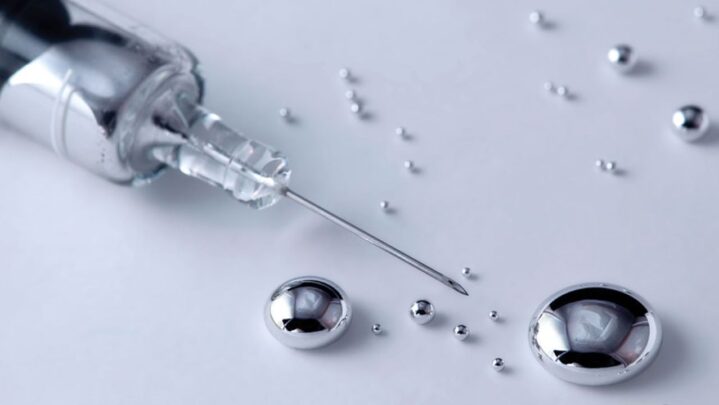Mercury is a heavy metal that is highly toxic to humans and exposure to this metal either through diet or environment is known as mercury poisoning. Eating food that is packed with excessive amounts of mercury can lead to mercury poisoning and put the body at unnecessary risks.
Although limited exposure to mercury is deemed to be safe, a buildup of mercury can be hazardous.
Complications
Mercury poisoning can lead to long term complications such as
1. Neurological Damage
Mercury poisoning causes damage to motor skills, leads to slow reflexes, paralysis, numbness, symptoms of ADHD, intelligence disorders and low IQ, and various issues related to memory and concentration.
2. Reproductive Effects
It puts the reproductive system at risk by decreasing fertility and leads to various problems with the fetus.
It causes deformity and decreases the survival chances of the fetus. It also hinders the growth and size of the newborn.
3. Cardiovascular Risks
The building up of mercury in the body causes the accumulation of free radicals that damages the cells. It increases the chances of developing heart problems such as heart attack or coronary heart disease.
Treatment:
The treatment of mercury poisoning involves the eradication of any exposure to the metal. In such cases, the doctors highly recommend the patients avoid the consumption of seafood that contains mercury.
If the person’s environment or workplace is caused by the buildup of mercury in the body, then doctors would suggest changing the workspace or the environment in order to reduce the exposure.
In severe cases of mercury poison, chelation therapy is required. It is a process of removing mercury from the organ so that the body can dispose of it.
Furthermore, chelation therapy has its own side effects, therefore it is essential to use medication only when it is needed.
Keep reading SuccessYeti.com





